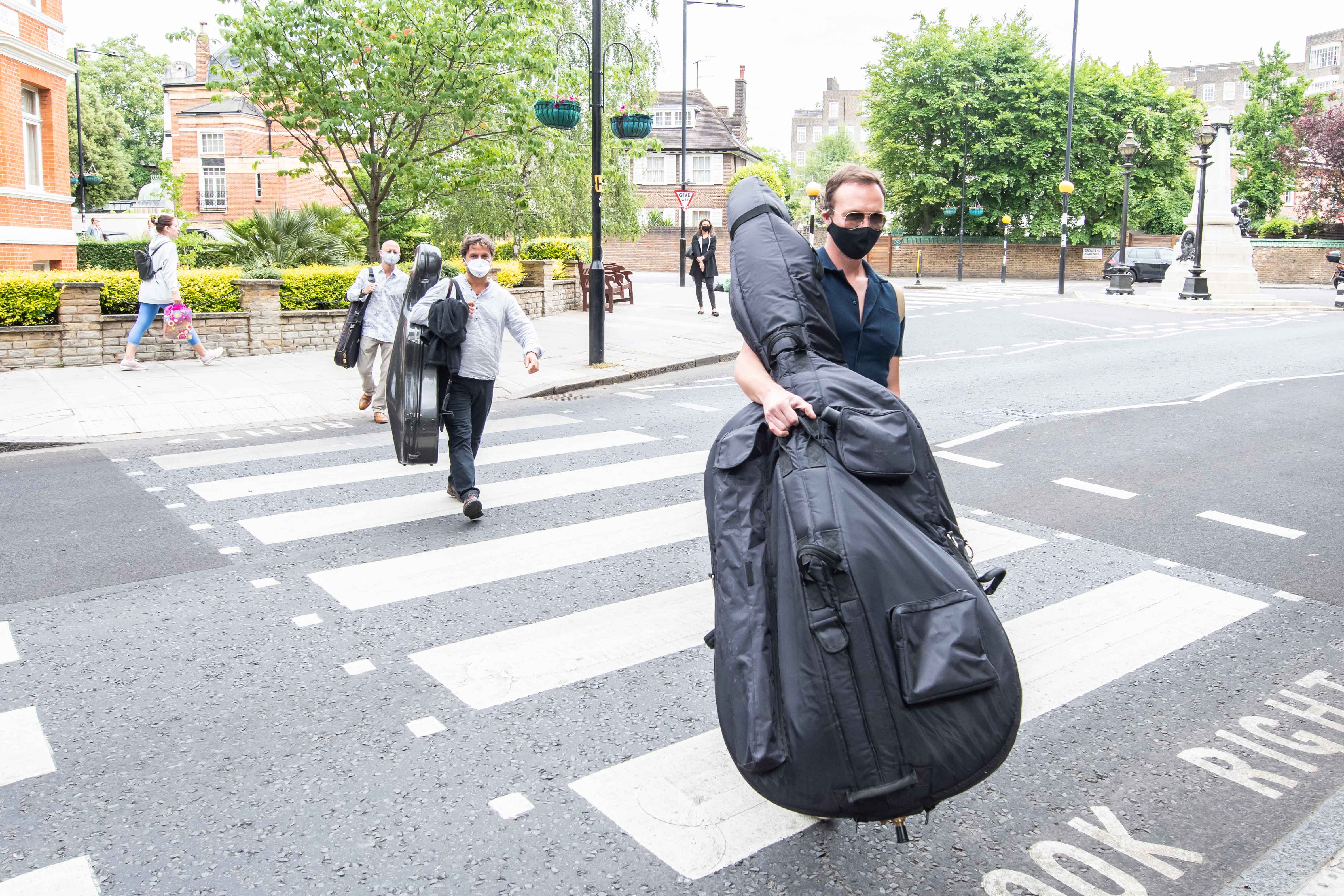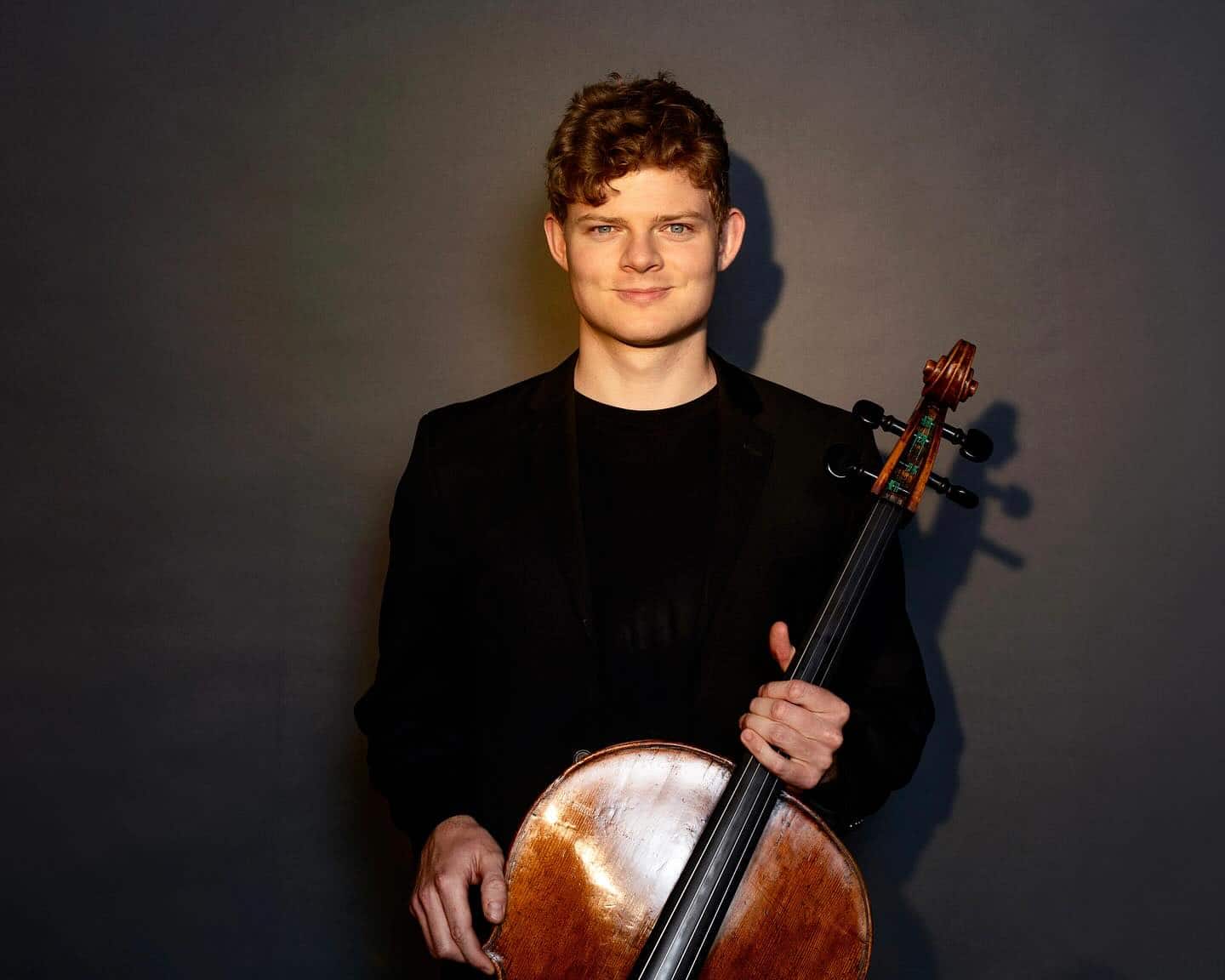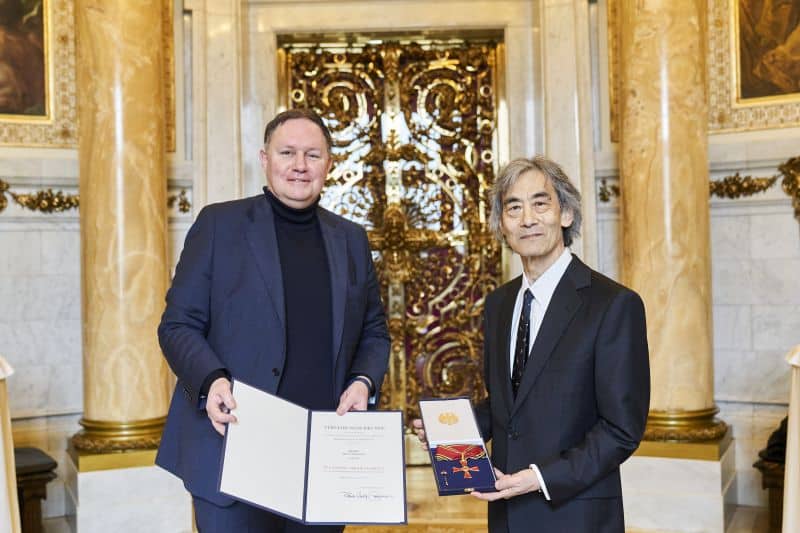An insider’s view of the last days of classical recording
OrchestrasFollowing yesterday’s takeover of Chandos by the Naxos founder Klaus Heymann, we received the following reflection from one of last dedicated classical producers in the dwindling record industry. He has requested anonymity:
I have recorded twelve sets of Holst Planets and nearly as many sets of the Seasons, thanks to the arrival of CD. The current era, such as it is, is back to standard repertoire with artists who need recordings to promote their profiles. Plus some occasional new material from living composers. I am relieved to have been in the right place at the right time. The arrival of labels like LSO Live was helpful – but not for long – the orchestras’ own labels now churn out mostly same old, same old boring standard repertoire, over-edited, over-miked, and smothered in digital reverb to make all orchestras sound the same as each other.
What next? Nothing much, I suspect.






The same boring old repertoire?? This describes the problem better than anything else. Sorry, I can not believe that a record producer is that superficial.
Producers of anything will produce what sells. Always thus.
Am I reading this correctly : this person thinks recording twelve sets of the same works was the good old days, as opposed to labels now endlessly churning out the standard rep ?
No, The Planets and The Seasons are part of the standard repertoire.
So BP is reading it correctly. What’s the lament there then?
Sounds a bit like a disgruntled retiree singing his own swan song, but projecting it on the whole ship having to go down with him in mind.
Fact is there was never more recording than today, and also many great ones. It’s more the music making, not the recording, that gets globalised with the times. And the streaming platforms are greedy parasites and a pest.
It’s true though, that for those who worked around the arrival of the CD, the rerecording of the whole repertoire, often by the same artists, created some years of a peak volume which gave many work.
And where all orchestras sounded the same, was more the beginning of the recording industry, when one mono microphone captured peculiar balances on very noisy mediums constrained in very narrow spectrums, with tiny dynamic range.
But hasn’t the past always been better in some ways, particularly in the imagination. 😉
He’s not retired.
Take it from the horse’s mouth. This is so true and glad to hear, and find vindication, that my own ears have not been fooling me all along.
All the best classical labels have one thing in common – they didn’t last forever (as independents). They also had one or two gurus who knew how to get it right – and usually “stuck” with 2nd tier orchestras, but because the recording was so good, it almost didn’t matter. There are so many Chandos recordings that will not easily be replaced.
well said!
It is my impression that it is the Big Labels who have these difficulties, because of aiming at bulk productions and being burdened by big overheads, but not the ‘small’ boutique ones who can produce very interesting CD’s for which there always will be an audience.
Concerning the ‘parasites’ – streaming and internet videos: there is quite a difference between being dependent upon an internet connection for your musical experience and your personal CD + equipment that is entirely in your own power.
As CD’s are second hand simulacra of the real thing, internet recording is third hand.
I’m not dependent on my personal CD and equipment, and I do not subscribe to a music streaming service. Not am I dependent on an internet or phone connection.
I buy downloads. I play them on my stereo, or on my phone, or in the car. All backed up to the cloud in case of disaster.
Chicago’s Cedille is thriving with artists like Eighth Blackbird and off-the-mainstream repertoire. Hope they don’t get absorbed by a huge entity. The CSO’s ReSound won a Grammy for Shostakovich 13.
Cédille, I think, is the label with a brilliant traversal of the Turina piano trios and piano quartet.
I think whether or not Cedille is absorbed by a huge entity (as with these other labels) is down to what happens when its founder(s) decide(s) to retire.
If there’s no obvious individual to step up and take over (as Simon Perry did at Hyperion when his father was gone), then one can’t blame the founder(s) for selling to whomever is willing to pay.
I worked as a freelance engineer for nearly a decade in the San Francisco Bay area in the 1990s. Some of that work wound up on CDs, most was for re-broadcast or grant writing. When CDs became the standard, the means of recording became much easier. The DAT recorder appeared, making it possible to easily transport recording gear of higher quality than the reel to reel recorders used previously. That was a large part of why I wound up doing as much recording as I did. “Early Music” was one of the areas of music that expanded in representation at the time – the ensembles performing the music tended to be smaller, the costs of recording lower, the number of worthwhile pieces of music that were previously unrecorded much greater than now. Thirty years on, the demand for classical (or baroque or renaissance or medieval) CDs has all but disappeared, displaced by streaming. I recently bought 37 good classical CDs at a library sale for ten cents each. And most of the repertoire has been mined, making new recordings much less in demand.
Face it, the big wave has passed, the state of classical recording will most likely never be as great as it was in the 1990s.
I’m missing something here. The Planets and The Seasons isn’t standard repertoire as well? And did we really need a dozen more versions of the one? This obviously isn’t CPO we’re talking about.
“The current era, such as it is, is back to standard repertoire”
This remark is at odds with my monthly reading of Gramophone magazine. The number of composers I’ve never heard of in the reviews seems greater than ever before. On this basis I’d have said there’s a veering away from the standard repertoire and much more investigation of the historical by-ways.
I would fully agree. That was my first thought as well. All the biggest independents (some now former independents), CPO, Albany, BIS etc. continue to find a great many new things. Hyperion is now at volume 86 in their Romantic piano concertos, and the Naxos 40 year quest to record the complete everything continues unabated. And nobody (not even the biggest independents) surpasses Martin Anderson’s Toccata classics for the rarest of the rare. And who knows how many smaller labels are doing the same thing.
This particular producer, on the other hand, gave us another 12 (!) Four Seasons.
You are correct. More proof of this can be found by reading the classical record reviews on the MusicWeb International web site.
Yes indeed Paul, and I for one would rather listen to twenty minutes of Lea Desandre than to yet another ‘Eroica’. BTW there’s the assumption by other commenters that we either buy CDs or we stream. I haven’t bought a CD for years, but I do not subscribe to a streaming service. I buy downloads, which are easy to store, easy to back up to the cloud, and playable without an internet or mobile phone connection.
I’d rather listen to twenty minutes of Lea Desandre than yet another Bruckner cycle. We might note that Klaus Heyman’s Naxos label issued a lot of unfamiliar music in perfectly agreeable recordings. People like Boccherini or Stanford or Boismortier or Stamitz. And he didn’t need If This Is Tuesday It Must Be Zurich maestros to do it, either. Some great Haydn from Budapest and Manchester, for example.
One artist has recorded a few CDs on the Chandos label because her father is a “somebody.” Under normal circumstances, those CDs would not exist…not in a million years. Do these people really think that no one notices what goes on behind the scenes?!
I’m continually escorted out of current classical music recording sessions because they say I’m not allowed to dress as a Decca Tree.
What end of classical recording? The industry is greatly diminished, but very much alive. Norman Lebrecht regularly publishes record reviews, often very positive.
Time for him to reach for the Rennies, I guess.
With a few exceptions, most orchestras sound the same because of open international auditions and few long term resident conductors. Because of the high cost, most recordings are produced from multiple live performances that are edited to sound like a single performance. A few orchestras like Berlin offer streaming of live performances and some like Frankfurt have a presence on YouTube.